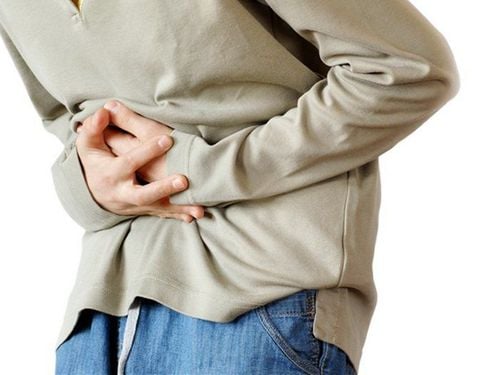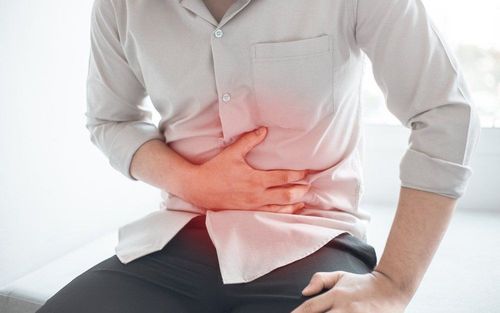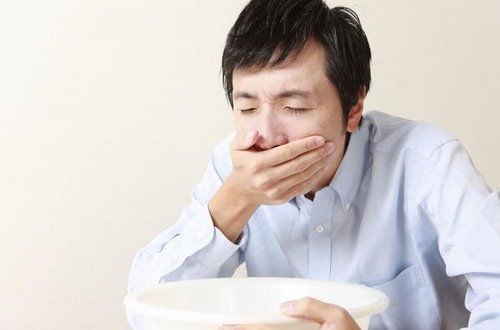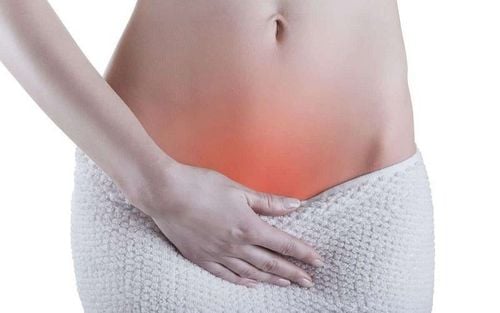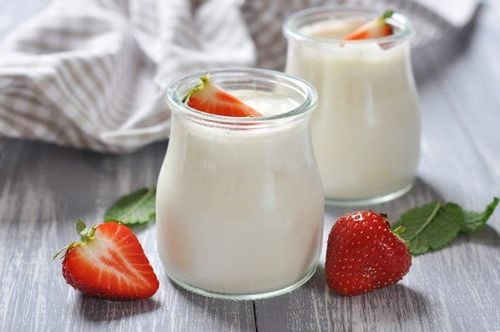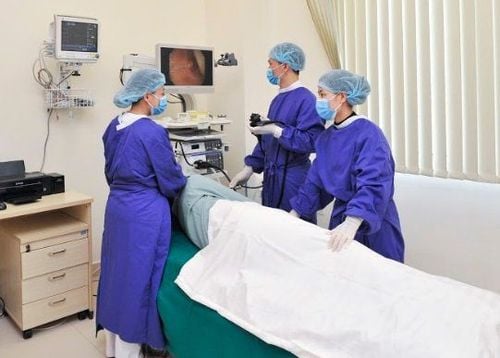This article was professionally consulted by Master, Doctor Vu Tan Phuc - Gastroenterologist - Department of Examination & Internal Medicine - Vinmec Phu Quoc International General Hospital.
Stomach pain is a common sign of a group of conditions that cause inflammation of the stomach lining. This will occur when there is an imbalance between factors that protect the stomach and damage the stomach. In particular, the cold and dry weather in the fall and winter will make stomach pain worse. Knowing the reasons why stomach pain occurs in the fall and winter and how to prevent it will help us protect our health when the weather changes at the end of the year.
1. What is stomach pain?
Stomach pain is the most common manifestation of gastritis. This is a progressive disease associated with some type of infection, causing direct irritation or local tissue damage. Stomach pain can be acute or chronic, depending on whether gastritis has just started or has been around for a long time.
Factors that are often thought to affect stomach disease are the use of non-steroidal drugs, bacterial infections, bile reflux from the small intestine, autoimmune disorders or excessive alcohol consumption. In addition, there are other factors that can contribute to irritation in the stomach, including stress, smoking and eating certain types of sour, spicy, hot foods.
In addition to pain, the patient may complain of indigestion, bloating, tension in the upper abdomen and feeling nauseous, vomiting. At this time, treatment is necessary, restructuring the protective factors of the stomach. If left untreated, gastritis can become more severe in the fall and winter or lead to stomach ulcers and stomach bleeding.
Furthermore, some forms of chronic gastritis can increase the risk of stomach cancer, especially if the person has a thinning of the stomach lining and changes in the cells of the lining.
2. Why do stomach aches often occur in the fall and winter?
The digestive system can be a significant source of disease in the fall and winter, due to the following reasons:
Decreased stomach protection factors
When it is cold or when there is a sudden change in temperature, the amount of histamine in the blood will increase. This is an irritant chemical that causes the stomach to secrete more acid while thinning the protective mucus layer near the stomach lining. This imbalance will cause stomach aches, especially in people with a history of the disease, the risk of gastric reflux will be very high.
Reduced immunity
Because immunity is reduced when the temperature is cold, the body is susceptible to common infectious diseases. In the digestive tract, the disease has typical symptoms such as stomach pain, diarrhea and vomiting.
Eating too fast, eating too much
Cold weather is a condition that makes the body need to supplement a lot of energy to keep warm and fight the cold. That is the reason why people often feel hungry quickly and eat too much. This condition makes the stomach unable to adapt when it has to work hard to convert food into energy, which can lead to stomach pain.
Eat a lot of hot, spicy foods
Hot and spicy foods strongly irritate the stomach, increasing the symptoms of the disease
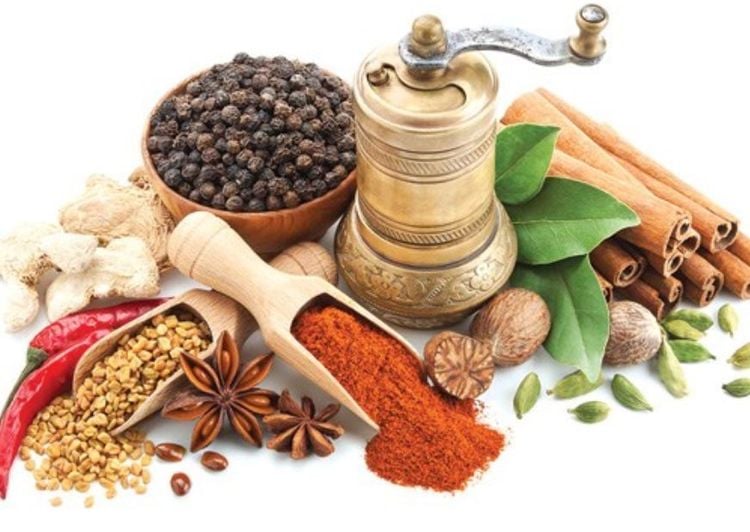
Autumn and winter is when people often like to consume alcohol, spicy, hot foods, smoke, use stimulants... These are factors that strongly irritate the stomach, increasing the symptoms of the disease.
Eat late at night
People tend to eat a lot in the evening, eat late before going to bed to provide a lot of energy to keep warm at night. However, this puts a burden on the stomach, making sleep difficult. The consequences of difficulty sleeping, poor sleep, fatigue, stress, and anxiety are also the causes of stomach pain.
Eat cold foods
In contrast to the preference for eating a lot of hot, spicy foods in cold weather, some people choose to eat less processed foods. At this time, cold foods easily stimulate increased gastric secretion, especially at breakfast. Because most organs are still in a state of sleep, eating cold foods can lead to spasms and poor blood circulation in the digestive system, leading to indigestion and the stomach lining is easily damaged.
Little physical activity
Cold weather makes the body stagnant, forgetting physical exercise activities. This causes poor circulation, blood flow to the digestive system in general and the stomach in particular is limited. The stomach's function of contracting and consuming food is no longer guaranteed and stomach pain appears.
Drink less water
When it is cold, the amount of water lost due to evaporation is reduced. Because the feeling of thirst is gone, people have the habit of drinking less water. However, the body's need for water remains unchanged. Reducing the amount of water intake also makes it difficult for the stomach to function.
Psychological disorders
In the fall and winter, when the weather changes, many people experience psychological changes. They easily feel bored and think negatively and pessimistically. This stress further stimulates the secretion of acid in the stomach, which can easily trigger or cause gastric reflux to recur.

3. How to prevent stomach pain in autumn and winter?
The simplest way to prevent stomach pain in autumn and winter is to understand the above causes and avoid them. Accordingly, everyone needs to ensure that their diet, eating habits and lifestyle during cold days are not too different from other seasons of the year. This will help stabilize the digestive function and absorption of food in the stomach.
At the same time, to ensure stomach health in autumn and winter, you should refer to the following advice:
- Eat enough, on time. Eat small amounts and divide into many small meals during the day.
- Choose warm or relatively hot foods to help stimulate blood circulation.
- Do not eat raw or undercooked foods.
- Limit eating foods that are highly stimulating such as too hot, spicy, sour. Do not use too much alcohol, tobacco or stimulants.
- Drink enough water.
- Maintain the habit of exercising, increase resistance.
- Build a positive spirit, think optimistically.
- Take the initiative to use antacids to prevent stomach pain from recurring.

In short, gastritis is an acute or chronic disease, which can cause stomach pain or stomach reflux to recur when there are stimulating factors. In particular, weather changes in autumn and winter are also a factor that all patients with stomach pain need to know and take preventive measures to reduce stomach pain that often occurs at the end of the year.
To arrange an appointment, please call HOTLINE or make your reservation directly HERE. You may also download the MyVinmec app to schedule appointments faster and manage your reservations more conveniently.





